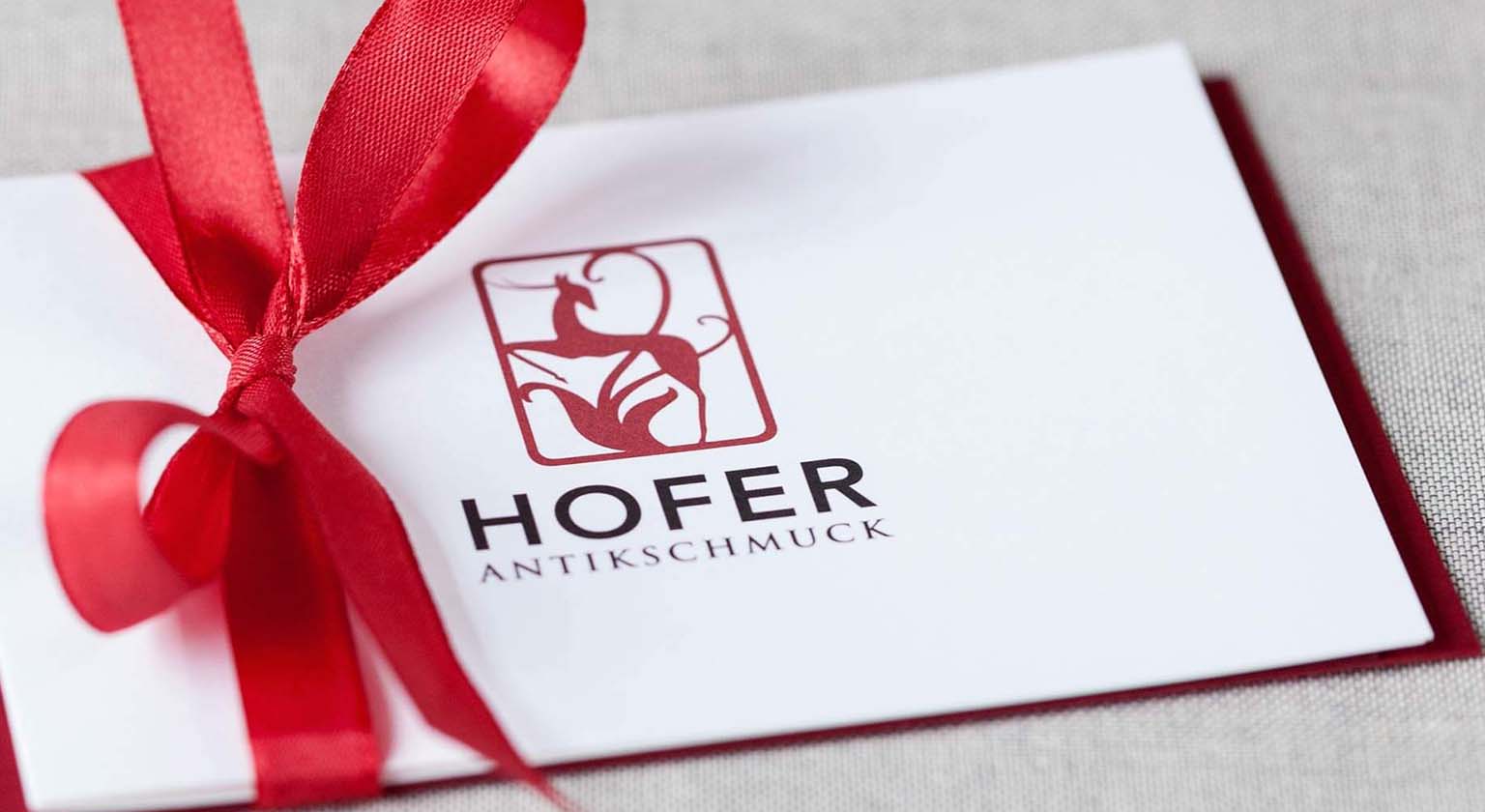very period found its own way of processing gold and wearing gold jewellery. As testimony of one’s social position, the glowing warmth of gold has emphasised the worth of its wearer since the beginning of times. Here we present you with the pieces from our collection that glitter in the most beautiful yellow, rosé and red-gold tones!
Until the late 19th century, only shimmering yellow gold was used to create jewellery, either as pure gold or as an alloy with silver. But new techniques continuously made new forms possible. The Romantic age cherished jewellery made of gold foil. A thin gold sheet was pressed in a form and filled with resin. Despite the frugal use of material, bright and shining pieces of jewellery were created.
In the 1850s, the Castellani goldsmith family from Rome rediscovered the technique of granulation, which has its origins in antiquity. For this, very fine gold beads were set on a gold background so that a rich interplay of light and shadow was created. This extremely complicated processing technique had fallen into obscurity in the Middle Ages. Its rediscovery sparked a boom of historicising jewellery.
At the same time, bloomed gold became popular. It takes on a shimmering appearance after being subjected to a short acid bath. Carl Fabergé in particular used this technique and created wonderfully velvety surfaces. Jewellery made of bloomed gold was often worn in the form of large lockets.
The end of the century saw the addition of other gold colours. Rose gold, which enjoyed significant popularity in Russia and Germany, was followed by green gold that was often used in tandem with other gold colours as gold “à trois couleurs”. The master artisans of the fin de siècle used it for naturalistic representations of plants and animals on pendants. Around 1912/13, white gold was finally developed. Tastes had changed and now monochromatic white jewels were preferred. Only in the 1940s did radiant polished yellow gold experience a comeback as part of the late Art Déco period.











